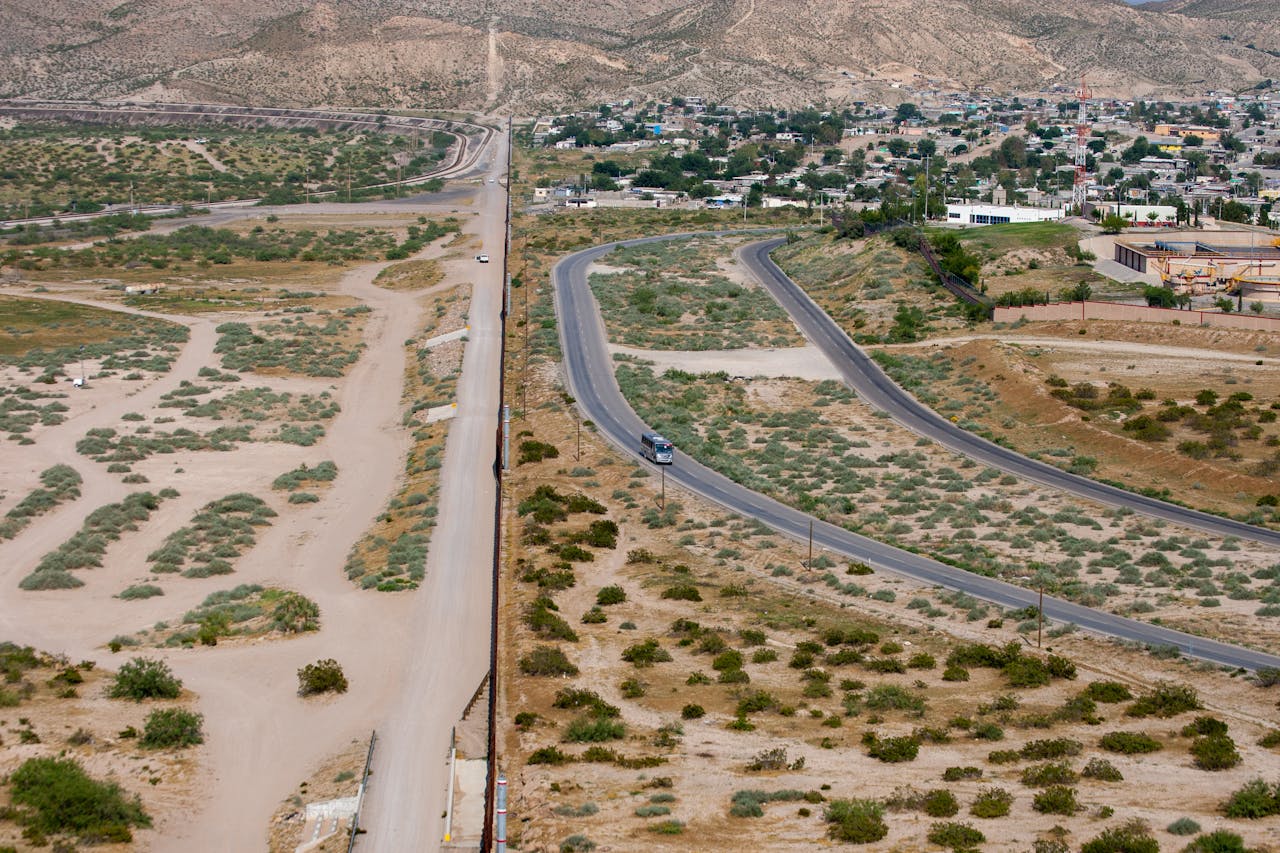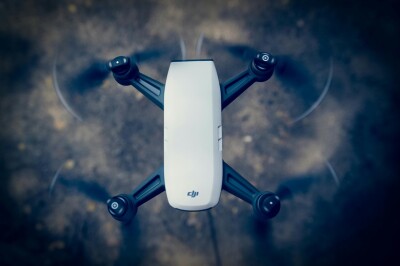While the US government has not yet succeeded in banning Chinese company Da-Jiang Innovations (DJI) from selling drones in the US, Customs and Border Protection (CBP) is stopping a certain number of DJI UAVs at the border.
There are not good numbers on how many DJI drones are being held up temporarily by CBP or not allowed to enter at all, but DJI and US commercial drone operators are highlighting the issue. CBP is citing the Uyghur Forced Labor Prevention Act (ULFPA), which bans products from entering the US that the government believes are built in whole or in part in China’s Xinjiang Uyghur Autonomous Region, pointing to forced labor used in the manufacturing in the region.
The “impact is just horrible” for US drone operators and retailers, Vic Moss, the CEO of the Drone Service Providers Alliance, told Commercial UAV News. “People aren't getting their drones. And now it's not just drones, it's other equipment.” He noted DJI charging power packs are being stopped in some instances.
DJI, the largest drone maker in the world, provides an overwhelming majority of UAVs sold in the US. The CBP practice of stopping some DJI drones at the border extends back to the Biden administration.
“It’s really hurting businesses,” Moss said. “I've talked with retailers who can't get stuff. I know of a retailer who laid off staff because they don't have drones to sell.”
CBP, which is not commenting on DJI specifically, has an extensive list of entities on the UFLPA list, banning those companies’ products from entering the US. DJI is not on the formal list.
Adam Welsh, head of global policy at DJI, told Commercial UAV News that assertions the company has manufacturing ties to the Xinjiang Uyghur Autonomous Region are “baseless and unequivocally false.”
He added: “There is no justification for CBP to detain DJI’s drones and we are actively engaging with the agency to provide documentation that demonstrates this.”
DJI’s Viewpoints blog on its website says the company’s drones are caught up in a “customs-related misunderstanding … currently affecting DJI's ability to import select drones into the United States … To be clear: this is a customs matter, and the evidence clearly demonstrates DJI’s compliance with existing laws. It is important to note that this is not a ban.”
DJI adds it has “no manufacturing facilities in Xinjiang, nor do we source materials from the region. All of our manufacturing is based in Shenzhen, where our company is headquartered, or Malaysia.”
Attempts in the US Congress to ban DJI drones via legislation, citing national security concerns related to data and communications, have so far come up short. But other efforts are afoot within the government that could lead to significant restrictions or a ban on future sales of DJI UAVs in the US market.
Section 1709 of the National Defense Authorization Act for Fiscal Year 2025, signed into law by then-U.S. President Joe Biden on Dec. 23, 2024, mandates a review of Chinese drones by an unspecified national security agency. If this review is not completed by December 23, 2025, DJI drones would automatically be placed on the Federal Communications Commission's (FCC) “covered list.” This would prevent new DJI UAVs from using bandwidth regulated by the FCC, which would likely make it impossible for operators to use DJI drones in the US in the future.
Meanwhile, the US Department of Commerce (DOC) in March concluded a public comment period regarding a proposed rule-making that also threatens to ban DJI drone sales in the US.
In its advanced notice of proposed rulemaking soliciting comments, DOC warned of “malign remote access to UAS [that] could be used to harm or damage physical infrastructure via intentional collisions, the delivery of kinetic payload, or could result in altered sensitive readings on critical infrastructure data.”
DOC said in the notice it is determining whether drones “designed, developed, manufactured or supplied by persons owned by, controlled by, or subject to the jurisdiction or direction of a foreign adversary” could compromise national security.
“We are aware of the ongoing review and expect that the [DOC] is currently evaluating the public comments submitted,” DJI’s Welsh said. “We remain committed to engaging constructively with the department and all relevant stakeholders throughout this process.”
He added that DJI is “confident that its products can withstand the strictest scrutiny, not only because we have nothing to hide, but because independent experts and US government entities have repeatedly validated the security of our products.”
Welsh noted DJI has “a bug bounty program” offering rewards to drone operators “who find vulnerabilities and help us fix them … Most importantly, DJI puts data security and privacy in the hands of our users. Since 2017, we have continually expanded the privacy controls available through our flight apps.”
Moss said any DJI ban would have severe negative consequences on commercial and public safety drone operators in the US.
“The industry would cease to exist in two years because drones are not made to last,” he explained. “The [DJI] drones I'm flying now won't be flying in two years. They're going to be older and they're going to have a lot of hours on them, and then safety becomes an issue. I can't do maintenance on the drone because there's no maintainable parts on it outside of propellers. At some point it's not safe to put in the air.”
But a replacement would not be available if DJI drones are banned, Moss added: “There is literally nothing on the market to replace them—at any cost. China owns [the market] and that's our fault [for not developing a drone manufacturing base]. It's not China's fault.”
Welsh said US “firms have built entire businesses around our products, while service providers, farmers, utility companies and others depend on them daily … Beyond the economic benefits, limiting DJI’s presence would also negatively impact public safety. Our drones play a vital role in supporting emergency services across the country.”
The California Fire Chiefs Association, which is adamantly opposed to any ban, estimates over 90% of drones used by police and fire departments in the US are DJI UAVs.
















Comments